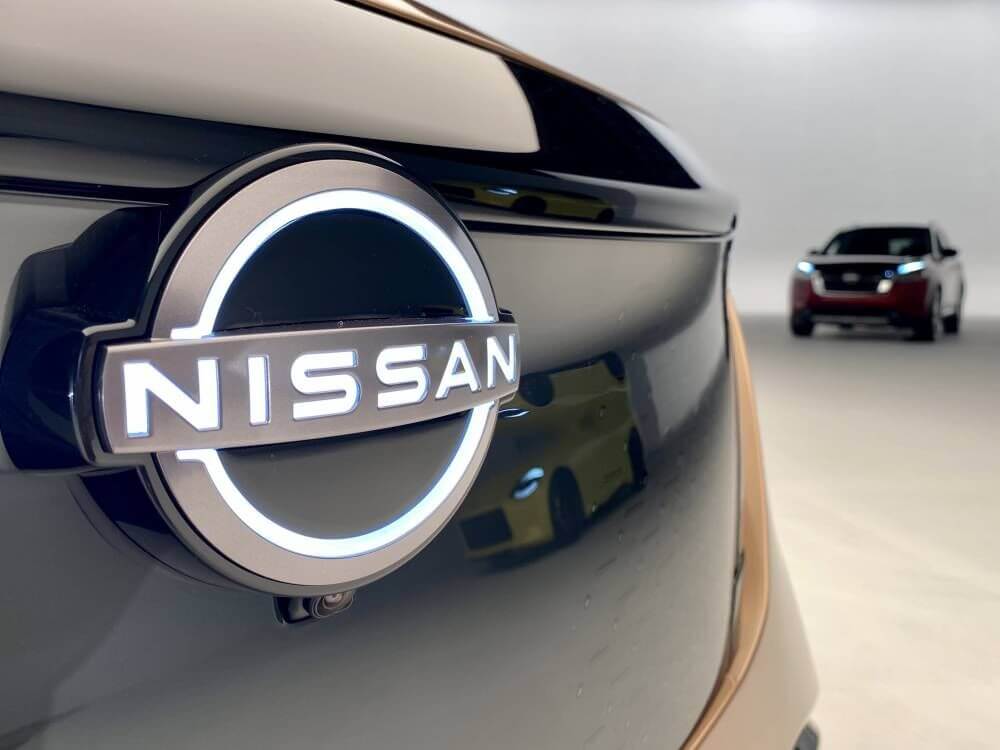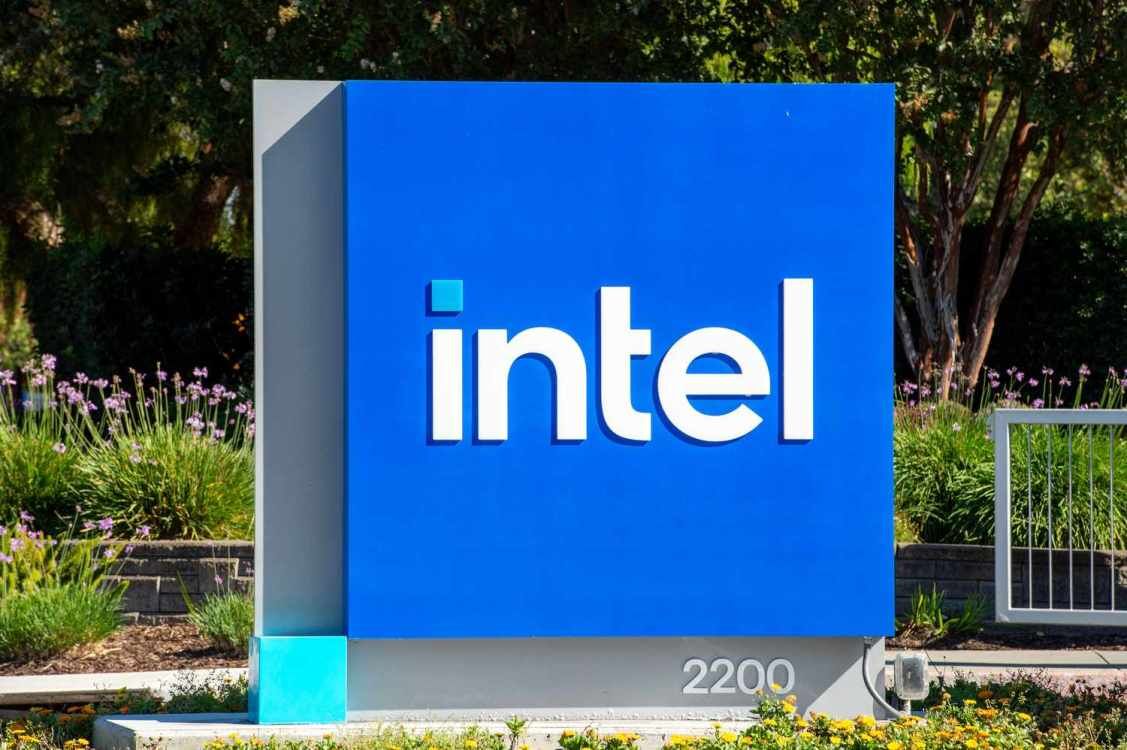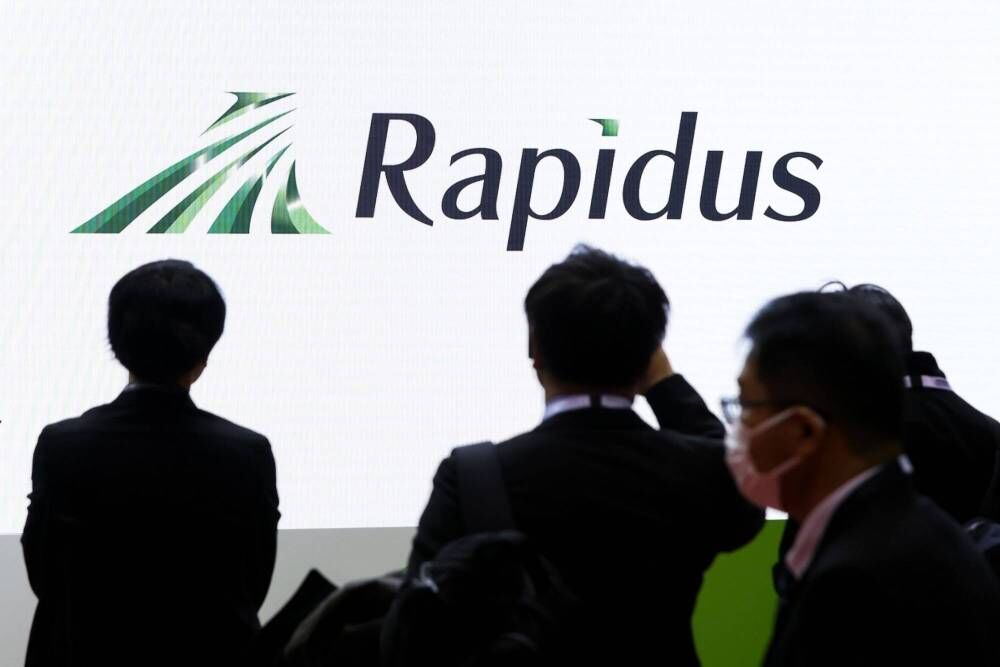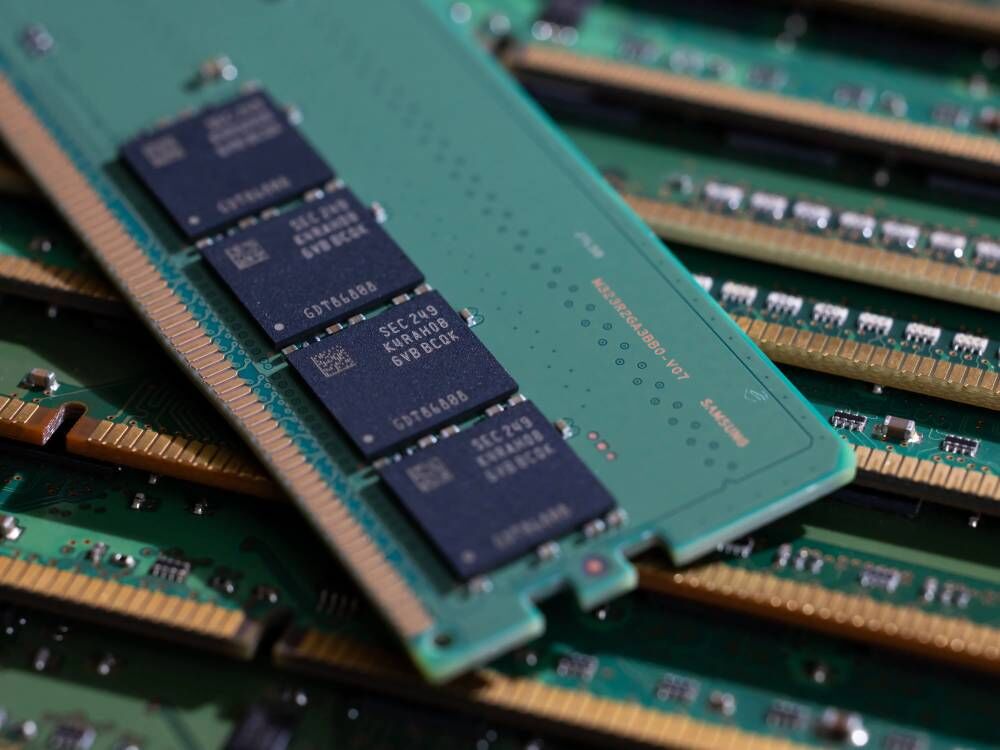According to Nikkei Asia, the output of the eight automakers that have cut production due to chip and semiconductor shortages has improved. The reduction in production has improved from 35% in September 2021 to 25% in October and 7% in November. However, some automakers and electronic component suppliers are still conservative on whether the shortage situation has improved.
Norio Nakajima, President of Murata Manufacturing Co., Ltd., stated that although demand for components has slowed since October 2021, Murata Manufacturing still has difficulty obtaining chips for automotive WiFi modules and battery management ICs.
“It is difficult to mitigate the global supply chain disruption quickly. Because of the shortage, some of Murata's clients have replaced mature-node chips with advanced nodes. Those who have ordered would not receive the chips until the fiscal year 2022. Besides, the demand for end products remains strong.” said Nakajima Kiju.
Nissan’s senior vice president Hiroki Hasegawa also pointed out that although Nissan has taken measures to prevent semiconductor shortages due to earthquakes and other emergencies, this is far from enough. Nissan is experiencing production cuts and needs to adjust its car design. In addition, Nissan realized that it must increase its chip inventory to respond to shortages in a timely manner. The company considered changing its contract with chip suppliers from a one-time transaction to continuous supply within a specific period.












All Comments (0)